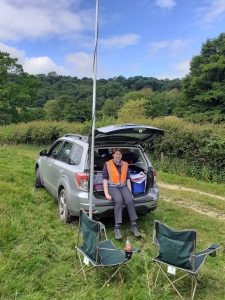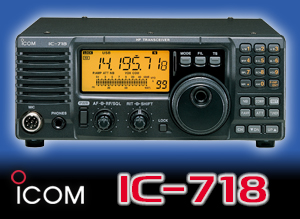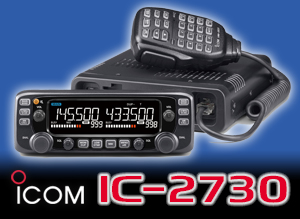International Women in Engineering Day 2025 – Katelyn

Katelyn How, M7KFH – University student
How did you first get into amateur radio, and what are you doing now?
I got interested in amateur radio after taking part in ‘Jamboree on the Air’ with Scouts in 2018. In 2021, shortly after I gained my Foundation licence, I joined North Humber RAYNET (Radio Amateurs Emergency Network), who I still volunteer with when I’m home from university.
I am an undergraduate studying (Physical) Natural Sciences with a focus on Materials Science at the University of Cambridge.
How has amateur radio contributed to your studies?
Initially it was the technology and scientific side of how radio worked that appealed to me as I was nervous about actually talking to other people. While studying for my Foundation licence I often wanted to understand more of the technical side but was told that was too high a level, so it is satisfying to have finally learnt those details as part of my degree. Once I complete my Full licence, I hope to get into radio astronomy and start building my own equipment. The main way amateur radio has translated into other aspects of my life is that it has developed my self-confidence, interpersonal and leadership skills.
What else have you gained from being a radio amateur?
As well as it aligning with my scientific interests, radio has improved my confidence and communication skills enormously. When providing communication to organisers and medics at charity events over the radio, communication needs to be clear and concise.
Being autistic, this was a great place to practise talking to strangers as it was partially scripted, set information that could be delivered with directness. Compared to when I first started with RAYNET I am now much more comfortable talking on an equal footing with people in authority, without being intimidated, and I have no hesitation in speaking up and delivering instructions as needed. Confidence that I hope I will carry forward into a future career.
The skills I developed with RAYNET have also been beneficial in my role as a Guide leader and being involved in large scale events run by the Cambridge University Scouts and Guides Club. This is because we use similar net protocols to communicate between bases and keep the event running smoothly. This helps to give me the assertiveness to co-ordinate other leaders off air.
How would you like to see amateur radio change in the future?
It is very noticeable to me that RAYNET members are mostly middle-aged and older men. It would be really cool to encourage a wider interest in amateur radio in younger people and especially women and girls.
“Radio has improved my confidence and communication skills enormously”
Category: INWED











